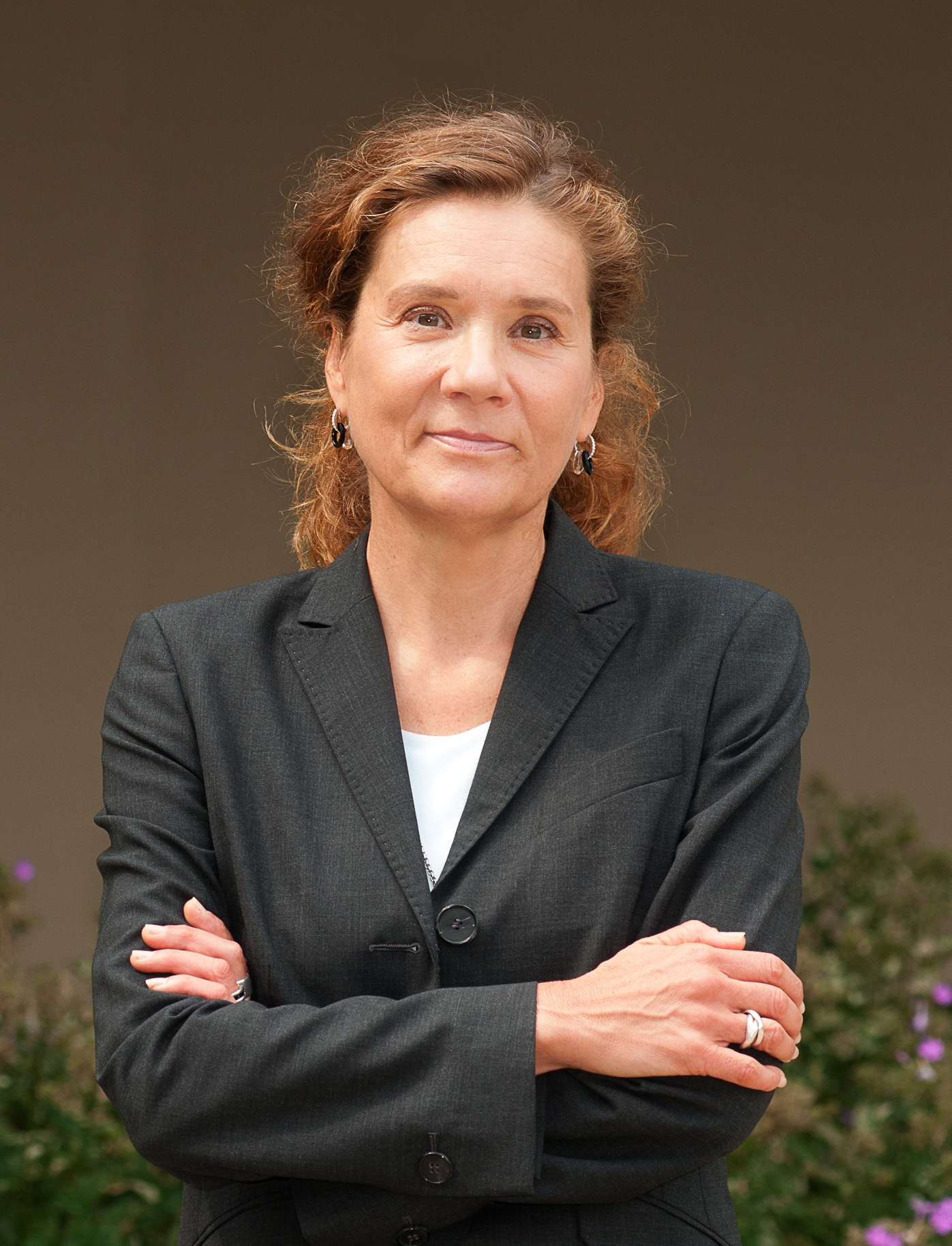 By Gabi Zedlmayer, Vice President and Chief Progress Officer, HP
By Gabi Zedlmayer, Vice President and Chief Progress Officer, HP
What does it look like to create a better future? At HP, it’s a question we ask ourselves every day as we create innovations to address the greatest problems faced by customers and society. It’s the framework we use to think about how we do business, and we call it HP Living Progress.
We also posed this question to a diverse community of sustainability leaders at our first global HP Living Progress Exchange (LPX) online discussion forum on September 9, 2014.
The responses were inspiring, insightful, and directive. It reminded me how valuable and necessary it is for all of us to occasionally take a pause from our daily routine to seek fresh and varied perspectives.
About the HP Living Progress Exchange
Hosted by HP and facilitated by GlobeScan, the global LPX used the power of technology to bring people together from all parts of the world in a virtual conversation. The first global LPX brought together more than 500 people from 45 countries to discuss issues related to health and well-being, business and economics, and the environment. We hosted six discussion forums throughout the day so that people in all time zones could participate.
Cross-industry sustainability experts joined HP leaders to openly share thoughts, ideas, and best practices to help accelerate human, economic, and environmental progress. The text-based discussion platform enabled any LPX participants to contribute to the conversation.
The global HP Living Progress Exchange compliments our local LPX discussion groups that we host throughout the year. Our next local LPX will be at SxSW Eco from October 6-8 in Austin, Texas, and will include a live Twitter chat with Triple Pundit on October 7. We will also host a local LPX at Sustainable Brands London from November 3-5.
What we heard
Not surprisingly, the issues raised in the global LPX were as diverse as the participants. They spotlighted the often stark contrast between problems facing developed, developing, and least-developed countries, such as:
- Resource scarcity and waste
- The growing middle class and a widening income divide
- Unemployment and forced labor
- Infant mortality and aging populations
As we explored these tough issues and many more, we focused on the areas where HP and the ICT industry as a whole could achieve the greatest impact. This provided us with several valuable insights to guide our HP Living Progress strategy:
- Collaboration is key
More than any other topic, collaboration was consistently mentioned as the most important means of achieving progress. Solving the world’s problems takes all of us working together, listening and learning from each other, and sharing best practices in an open and transparent way.
By collaborating across sectors and industries, we can leverage successes, broaden perspectives, and help everyone advance faster.
However, we must recognize that sustainability is still considered a competitive advantage for companies. This often limits collaboration—especially among competitors—and slows progress.
As leaders, we must work to make sustainability the baseline for business, not a differentiator. Openness and transparency are essential to accelerating human, economic, and environmental progress on a global scale.
- Integrated, long-term strategy is required
Business leaders recognize sustainability as a long-term investment that must be integrated into their company’s core strategy. It cannot be an “add on” that comes and goes as the company’s success ebbs and flows. This, of course, challenges businesses that are pressured to prioritize short-term financial gains.
As a for-profit public company in the middle of a turnaround strategy, we completely understand this pressure. However, we are fortunate that our leaders recognize that integrating sustainability into our core strategy is the best way to create a strong company and a sustainable world.
Business leaders must understand that sustainability isn’t just something you do to comply with regulations or to mitigate risks. When sustainability is at your core, it becomes a business asset that helps empower progressive thinking and game-changing innovation throughout your company.
- ICT enables progress
Technology is the defining industry of our generation and provides unprecedented opportunity to advance progress throughout the world.
As one of the world’s largest IT companies, we recognize that we are in a unique position to bring together people and technology to solve the world’s biggest problems. For example, our technology enables people in underserved rural communities to receive quality healthcare services right where they live. We use technology to deliver free IT and business skills training that can be accessed by virtually anyone, anywhere in the world, at any time. And we use technology to transform and replace high-carbon processes and behaviors so that we can strengthen our environment as we grow.
The LPX is another way that technology enables progress, creating a virtual think tank to share best practices, inspire fresh thinking, and brainstorm creative solutions for the toughest challenges.
What’s next?
HP Living Progress is a continuous journey, and these LPX discussion forums play an important role in guiding our path. We will continue to create opportunities for open dialogue and transparency.
We believe sustainability is more than a responsibility—it’s an opportunity to create a better future for everyone. What that looks like is up to all of us, but the time for action is now.
The future is counting on us.
